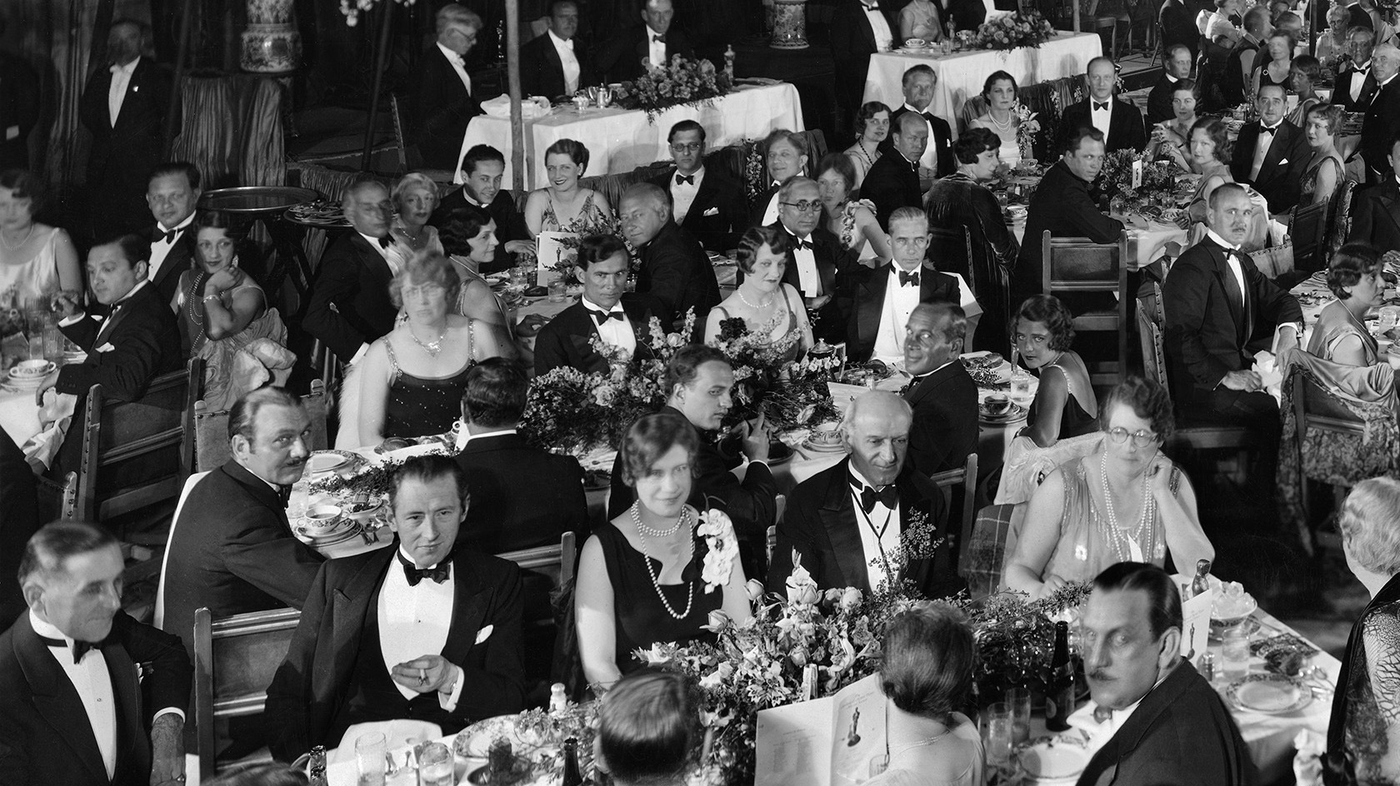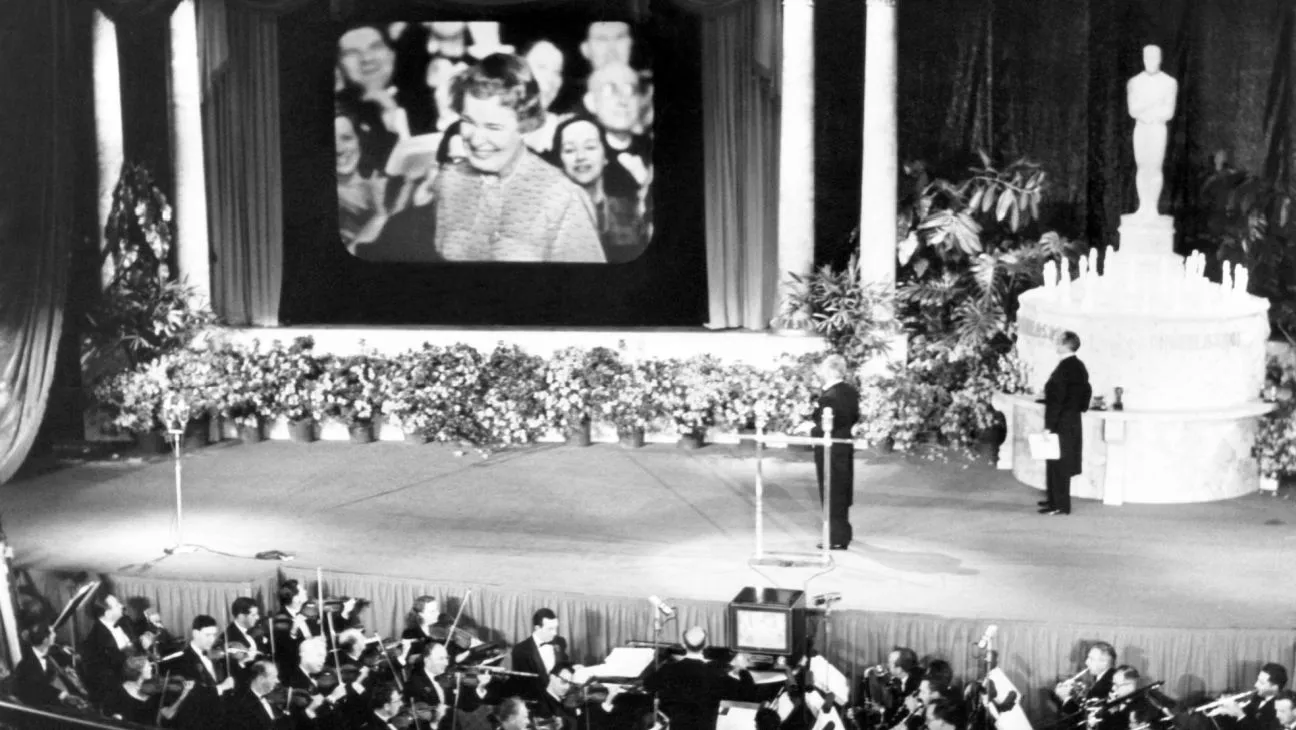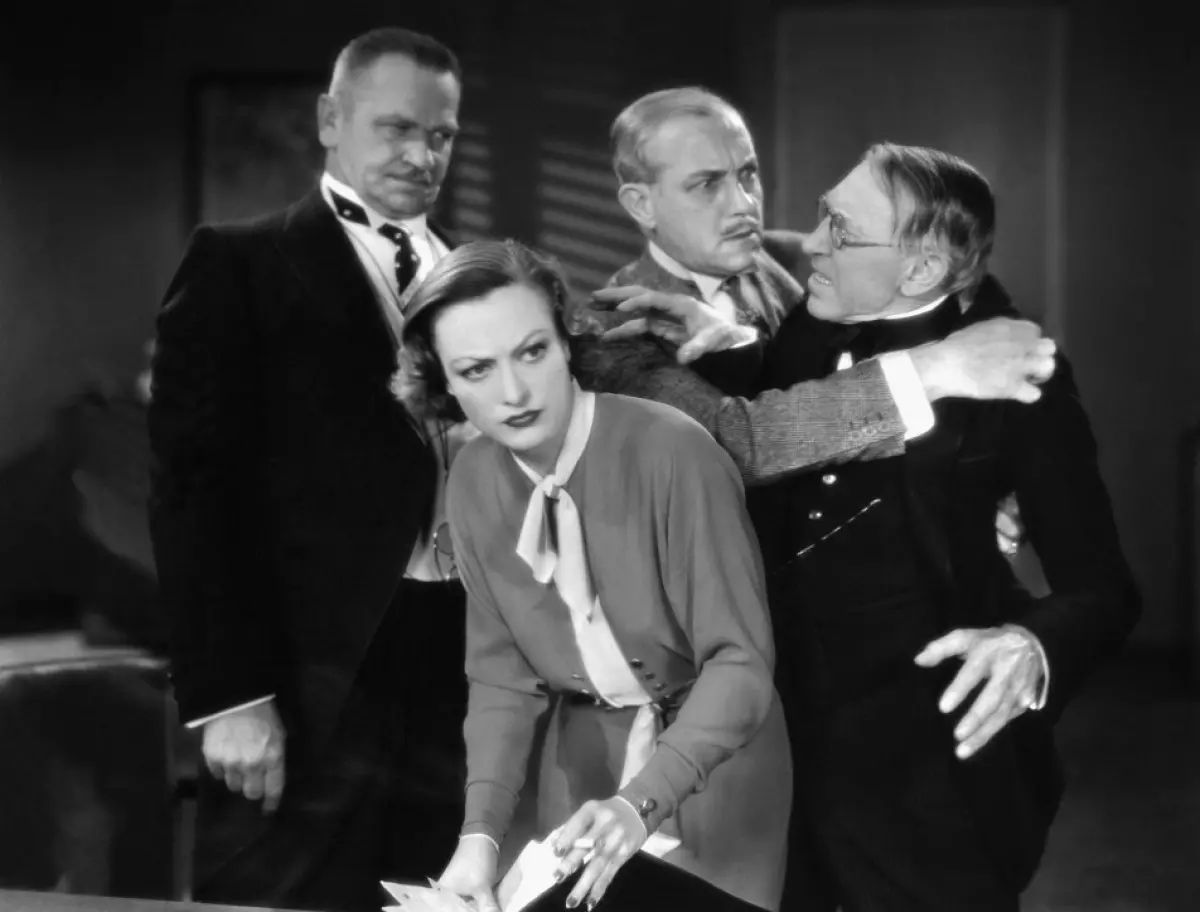Journey through history of cinema: Oscar awards, victories past and present
The Academy Awards, or Oscars, are among the most prestigious awards in the world of cinema. First given in 1929, they celebrate the most outstanding achievements in the art of cinema

EXCLUSIVE BY KORAY ERDOGAN — One of the most important awards in the world of cinema, the Academy Awards, also known as the Oscars, have been marking the month since 1929. Moreover, these ceremonies, which are followed with great interest by culture and art circles, are also a deep-rooted and important part of popular culture. Considering that they create their own agenda every year and are talked about for a long time, the Oscars can even be considered within the framework of social memory.
This year marks the 96th Academy Awards. We have compiled interesting and fun facts about this almost 100-year-old movie event:
The Academy Awards ceremony took place for the first time on May 16, 1929. The award ceremony, which was attended by 270 people and tickets were sold for $10, lasted only 15 minutes.

In 1939, the first color film to win the best picture award was "Gone With The Wind," one of the classics of American cinema.
It is not known who gave this name to "Oscar," which is actually the name of the award statuette, not the award ceremony. Many theories about this exist, but they have not been confirmed. You may be hearing this for the first time, but the actual name of the statuette is "Academy Award of Merit."
The now classic "And the Oscar goes to ..." announcement, which the presenters say before announcing the winner, used to be "And the winner is ..." until 1989. That year, the Academy committee decided to change it and it continues in the same way today.
Although Charlie Chaplin's "Limelight" was released in 1952, it was not until 20 years later, in 1972, that it won the best picture award. At that time, films that had not been released in Los Angeles theaters were not considered for the Academy Awards, and "Limelight" was awarded when it was shown in theaters after 20 years.

The Academy Awards has only been postponed three times in its almost 100-year history: 1938, when there was a massive flood in Los Angeles; 1968, when Martin Luther King was assassinated; and 1981 when there was an assassination attempt on President Ronald Reagan.
The Academy Awards were first televised in the United States and Canada on March 19, 1953. Today, watching the Oscars on television has almost become a tradition among friends.

The most nominated name in Oscar history is "Walt Disney" with 64 nominations. Disney won 26 of these awards.
The most nominated actress for the Academy Awards to date is Meryl Streep, with 21 nominations. Streep won three of these nominations.

The best animated feature film category was added for the first time in 2001 and the first award went to "Shrek."

The most foreign Oscars went to Italy. Nominated 32 times, Italian films won the award 14 times.
“Grand Hotel (1932)” is the only film to win the best picture Oscar without being nominated in any of the other categories.

In 1939, "La Grande illusion" was the first film to be nominated for best picture and not best foreign film, even though it was translated into French.

“Ben-Hur" (1959), "Titanic" (1997) and "The Lord of the Rings: The Return of the King (2003)” were nominated for 11 awards.
Justin Henry was nominated for Best Supporting Actor for Kramer vs. Kramer (1979) at the age of 8, making him the youngest nominee in Oscar history.

Clint Eastwood won best director for “Million Dollar Baby (2004)” at the age of 74, making him the oldest director to win the award.

The woman who won the most Oscars is Edith Head, who won eight times for best costume.

With a total of nine Oscars, Visual Effects Supervisor Dennis Muren is the person with the most Oscar statuettes currently alive.







